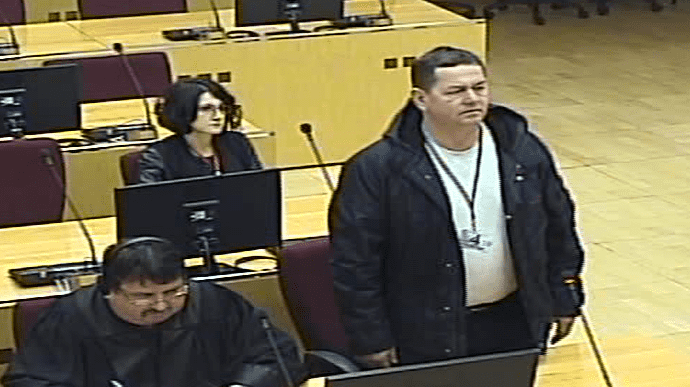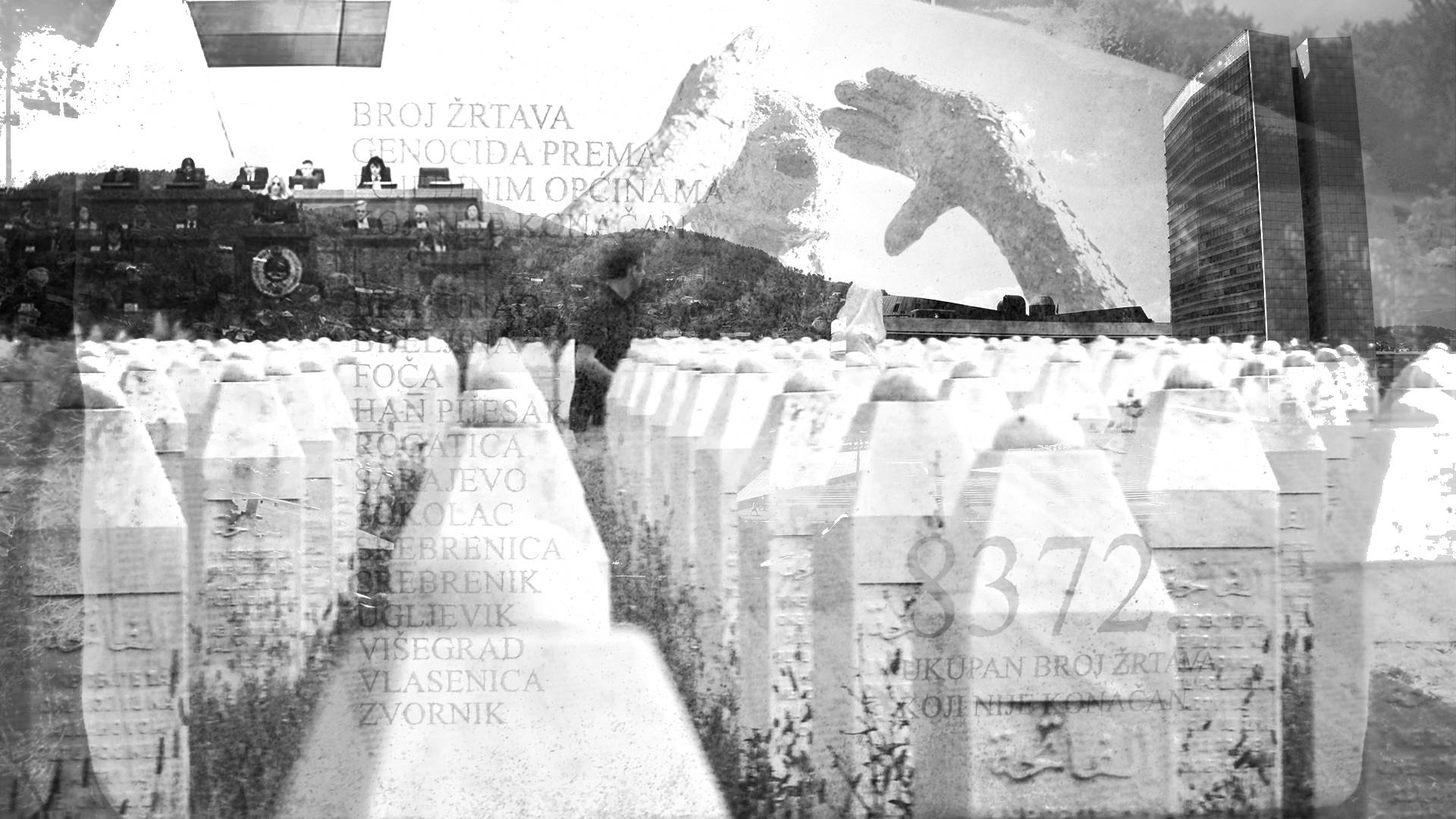This post is also available in: Bosnian
The defence has questioned three more witnesses in the trial of Marko Samardzija, who is accused of crimes committed in the Kljuc area.
Two of the witnesses, former members of the Army of Republika Srpska, stated that Samardzija was not responsible for the murder of Bosniak civilians on July 10, 1992 in the village of Biljani, as alleged by the prosecution.
According to the indictment, at the time when the crime was committed, Samardzija was the commander of third detachment of Sana battalion which was part of the 17th light infantry brigade of the Army of Republika Srpska.
During his testimony, witness Lazar Radisic said that there were three platoons as part of the third detachment of this battalion. Radisic was the commander of the third platoon, and he stated that according to most soldiers Samardzija was not “adequate” for a detachment commander because he was “oriented towards communism” and viewed all people as equal.
Radisic added that on July 9, 1992, the commanders of three platoons of the third detachment met with Samardzija who ordered them to “gather manpower” – that is Muslim men between the ages of 18 and 60 – and to take them to elementary school in the village Biljani, where the police would give them passes for free movement.
The third detachment’s assignment on July 10, 1992 was to stay and “hold positions” in the nearby village of Gornji Budelj in case the Bosniaks were to “start withdrawing” towards Bihac, the witness said.
Radisic said that on July 10 he did not hear shooting from the direction of Biljani and that he found out about the murders in that village two or three days later.
“I heard stories about a massacre committed by another unknown unit. It was enough for me to know that they were not members of my platoon and I didn’t ask further about the event,” Radisic added. This witness did not talk to the members of the third detachment of Sana battalion about the suffering of Bosniaks in the village Biljani.
Radisic also testified that Samardzija was replaced as commander soon after July 10, 1992 but he claims that this had nothing to do with the massacre in Biljani.
The testimony of Petar Despot differed from that of Radisic. Despot said that the third detachment had two platoons and that he did not know Radisic, who also belonged to this detachment.
Despot commanded one of the units in the first platoon’s third detachment. As he pointed out in his testimony, his unit’s assignment of July 10, 1992 was to escort Bosniaks from Balagic hill and the village Brkici to the elementary school in Biljani.
The witness said that on that day he was at the end of a line of around a hundred Bosniaks who Samardzija, after having a “decent” conversation with them, sent to the Biljani elementary school.
The witness then stated that in front of the school there were policemen and soldiers, unknown to them, from various units – and that Samardzija was not among them.
Despot said that he had only heard about the suffering of Bosniaks in Biljani some days later, but he does not remember where he heard this information. When asked by prosecutor Vesna Ilic whether he heard who had killed them, the witness said “The Serbs, of course”.
During a brief testimony, witness Djordjo Radjenovic stated that Samardzija was a member of the Movement for Yugoslavia, and that the members of Serb Democratic Party (SDS) called him “Komunjara” (communist). He also said that Samardzija became a member of SDS at the end of 1993.
The trial will be continued on August 29, 2006, when the defence plans to question four more witnesses.

